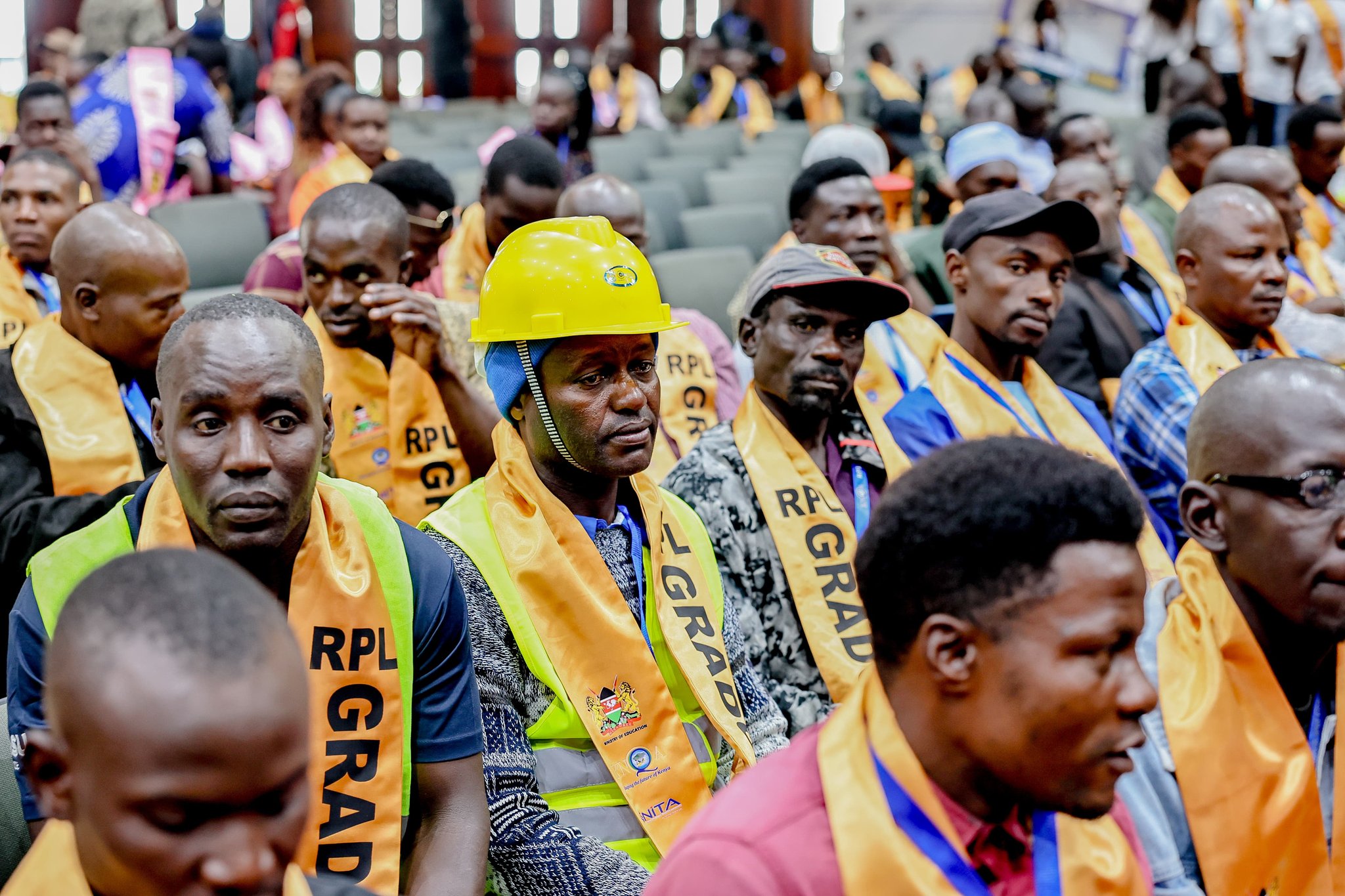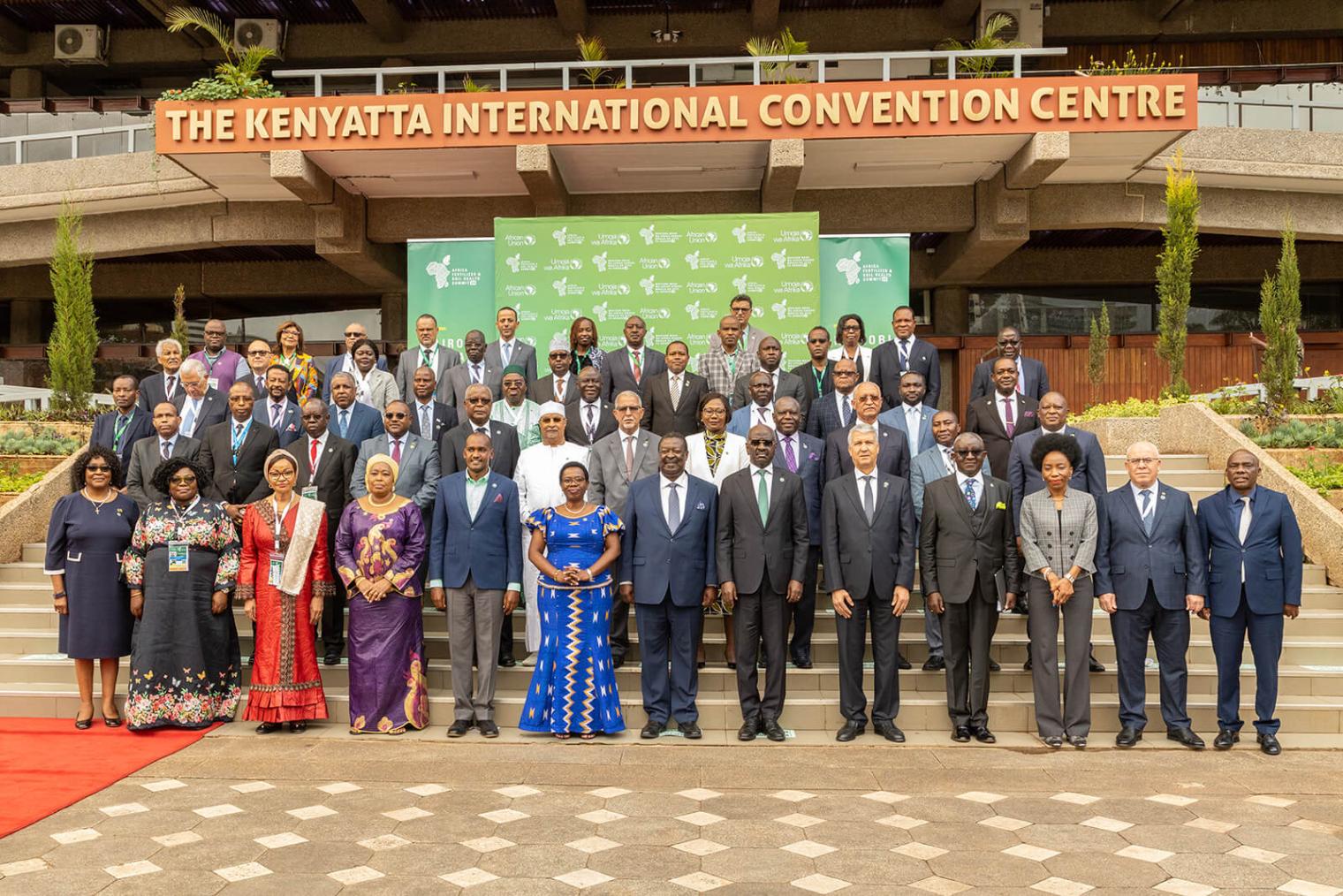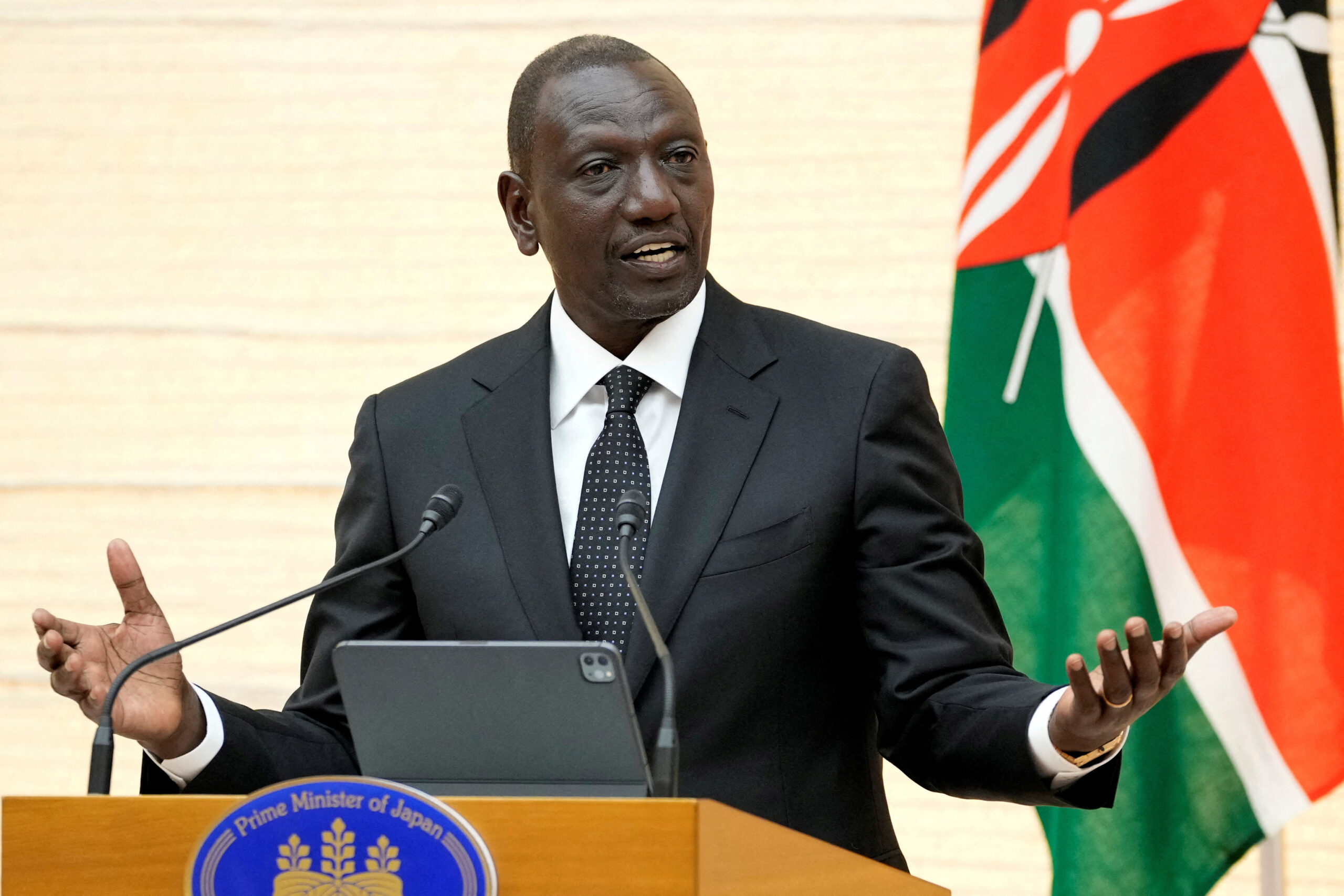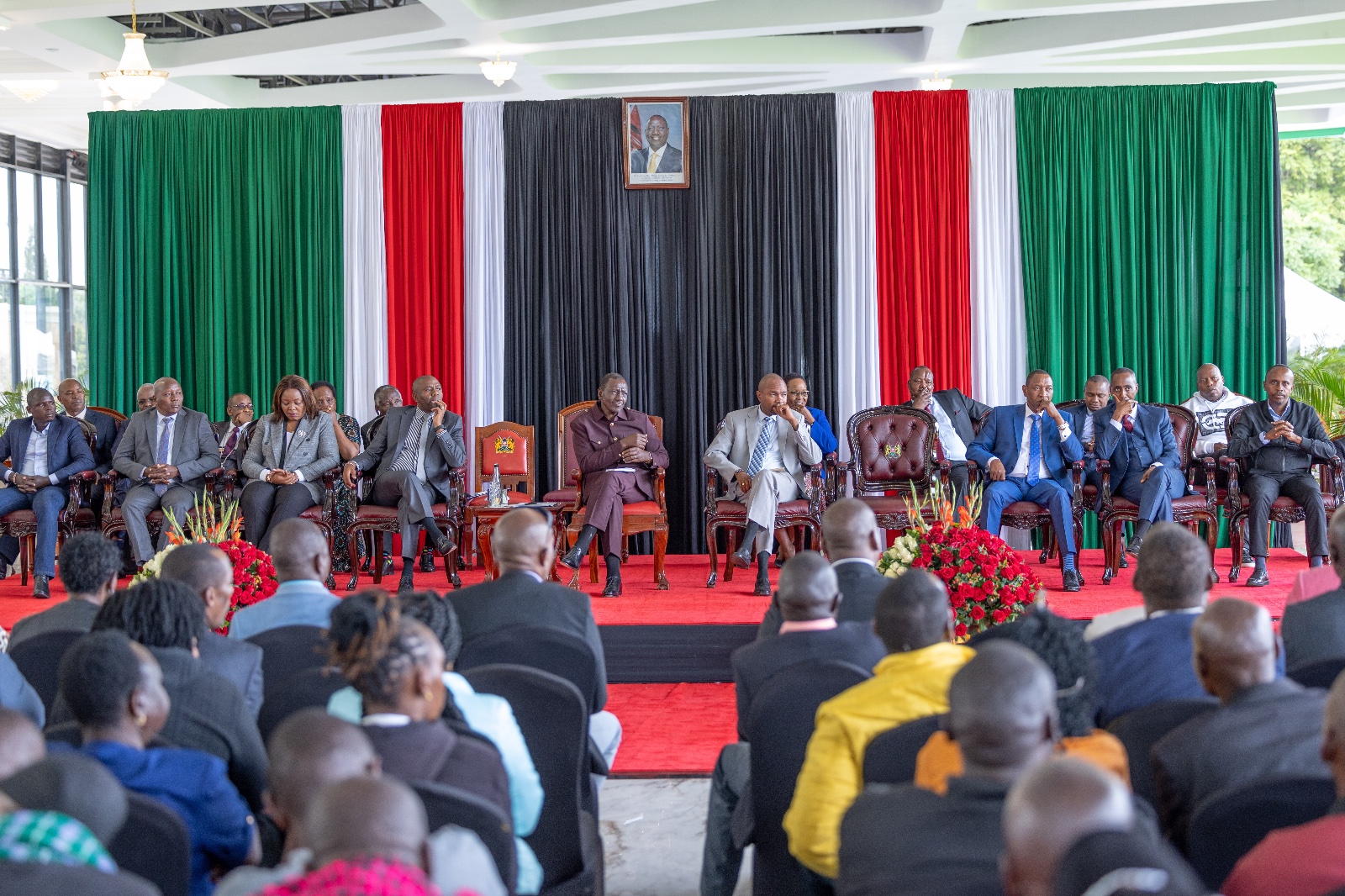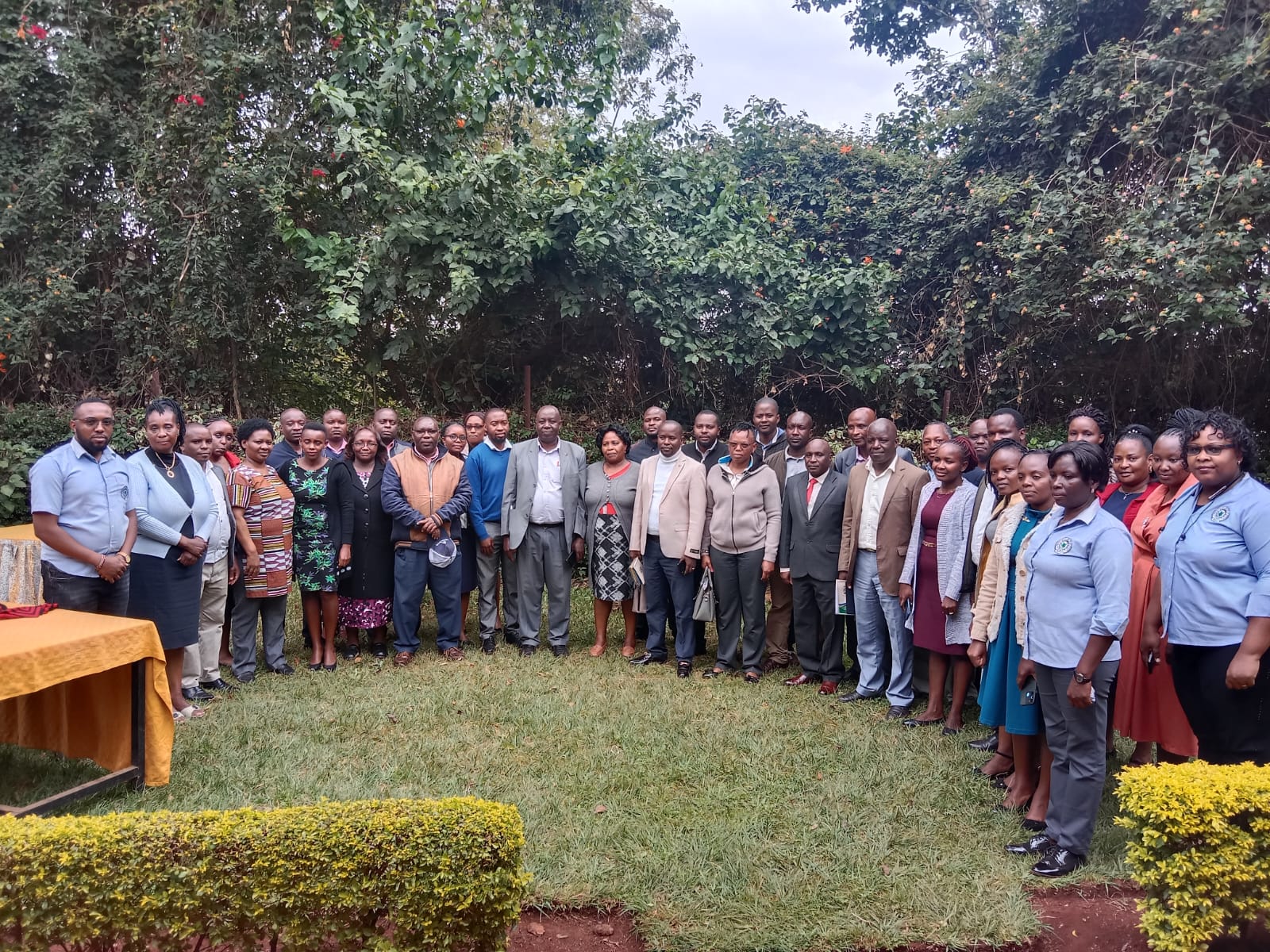
In a concerted effort to address the pressing issue of frictional unemployment in Kenya, the State Department for Labour and Skills Development recently convened a stakeholders’ workshop to develop a framework for the coordination and production of Labour Migration Statistics/Information (LMI). This significant initiative is part of the broader Kenya Youth Employment and Opportunities Project (KYEOP) and is poised to revolutionize the country’s labour market information landscape.
Filling the Information Gap: A Vital Need
The workshop focused on Component 3 of the KYEOP project, which seeks to tackle the critical problem of non-availability of timely information regarding labour supply and demand in Kenya. This gap in information has been a major contributor to frictional unemployment – a situation where jobs and job seekers do not align efficiently. By providing accurate and up-to-date data, this component aims to bridge this gap and bring about a more streamlined job market.
Fostering Collaboration and Consistency
The newly proposed framework for Labour Migration Statistics/Information holds immense significance. It acts as a catalyst for inter-agency collaboration and stakeholder engagement in the realm of labour migration data management. By promoting a coordinated approach, this framework ensures that data collected is consistent and comparable over time. It also facilitates the utilization of existing administrative data on labour migration statistics, minimizing redundancy and enhancing efficiency.
A Multifaceted Approach to Data Management
Within the framework, several key components are outlined. These include the identification of key stakeholders in the realm of labour migration data, the establishment of quality data management practices, and the formulation of policies and legal frameworks governing labour migration data. Additionally, the framework defines labour migration indicators and sets up a monitoring and evaluation mechanism, allowing for continuous assessment and improvement of data quality.
A Government-Led Initiative
Under Executive Order No. 1 of 2023, the Ministry of Labour and Social Protection has been entrusted with several critical responsibilities in the domain of labour migration. These include the development of methodologies, the maintenance of databases on employment creation, coordination of labour migration management, establishment of a legal and institutional framework for labour migration, and fostering cooperation and partnerships in this arena.
Guided by Legislative Frameworks
The Labour Migration Statistics Framework for Kenya is firmly grounded in established legislative frameworks. The Statistics Act of 2006 provides a robust foundation for data collection, management, and dissemination. Additionally, the Metadata Handbook for Kenya offers valuable guidance in ensuring data quality and reliability.
The workshop on the development of a framework for Labour Migration Statistics/Information in Kenya represents a crucial step towards addressing the challenge of frictional unemployment. By enhancing the availability and accuracy of labour market information, this initiative empowers policymakers, employers, and job seekers to make more informed decisions, ultimately fostering a more efficient and productive labour market. It underscores Kenya’s commitment to data-driven governance and its determination to create better employment opportunities for its youth.


